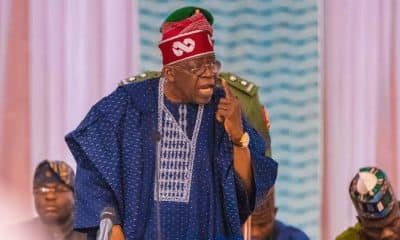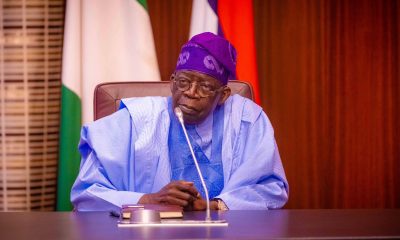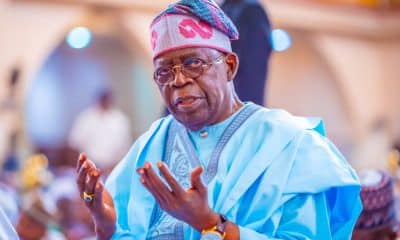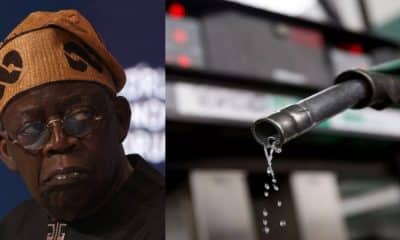Nigeria News
Senator Sani Musa Clarifies Controversial Fuel Subsidy Comment

Senator Mohammed Sani Musa, Chairman of the Senate Committee on Finance, has addressed the debates sparked by his recent statement on fuel subsidy removal.
During an interview on Channels TV’s Politics Today on Friday, Musa asserted that the removal of the fuel subsidy was a pivotal move for Nigeria’s progress.
“We want to be sure that what we are doing is not going to reflect negatively on Nigerians. What this government is doing, by virtue of the fact that we removed subsidy, removing subsidy is the best thing that has happened to this country,” he stated.
Musa’s comment drew varied reactions, igniting public discourse on the impacts of subsidy removal on the economy and citizens.
The senator emphasized that the decision aimed to promote long-term economic stability and ensure resources are directed to more productive sectors.
He said, “When I said, ‘Removing subsidy is the best thing that happened to Nigeria,’ my assertion was not intended to overlook or diminish the economic challenges faced by Nigerians.
“Rather, it was a statement grounded in the reality that, for years, subsidy payments have lined the pockets of a few powerful individuals at the expense of the nation.”
Musa said the removal of the subsidy is a step towards eliminating systemic corruption and redirecting resources to where they are truly needed.
“However, I agree that it must be accompanied by strong measures to mitigate the impact on everyday Nigerians. This includes strategic investments in social welfare programs, improvements in security, and support for economic growth at all levels, and that has been my focus.
“I am deeply aware of the pressing issues of insecurity affecting even my Senatorial District for many years and other parts of the country. I have not and will not remain silent on these matters, and I am committed to amplifying our voices and pushing for comprehensive strategies that address safety, economic empowerment, and equitable development,” he added.












